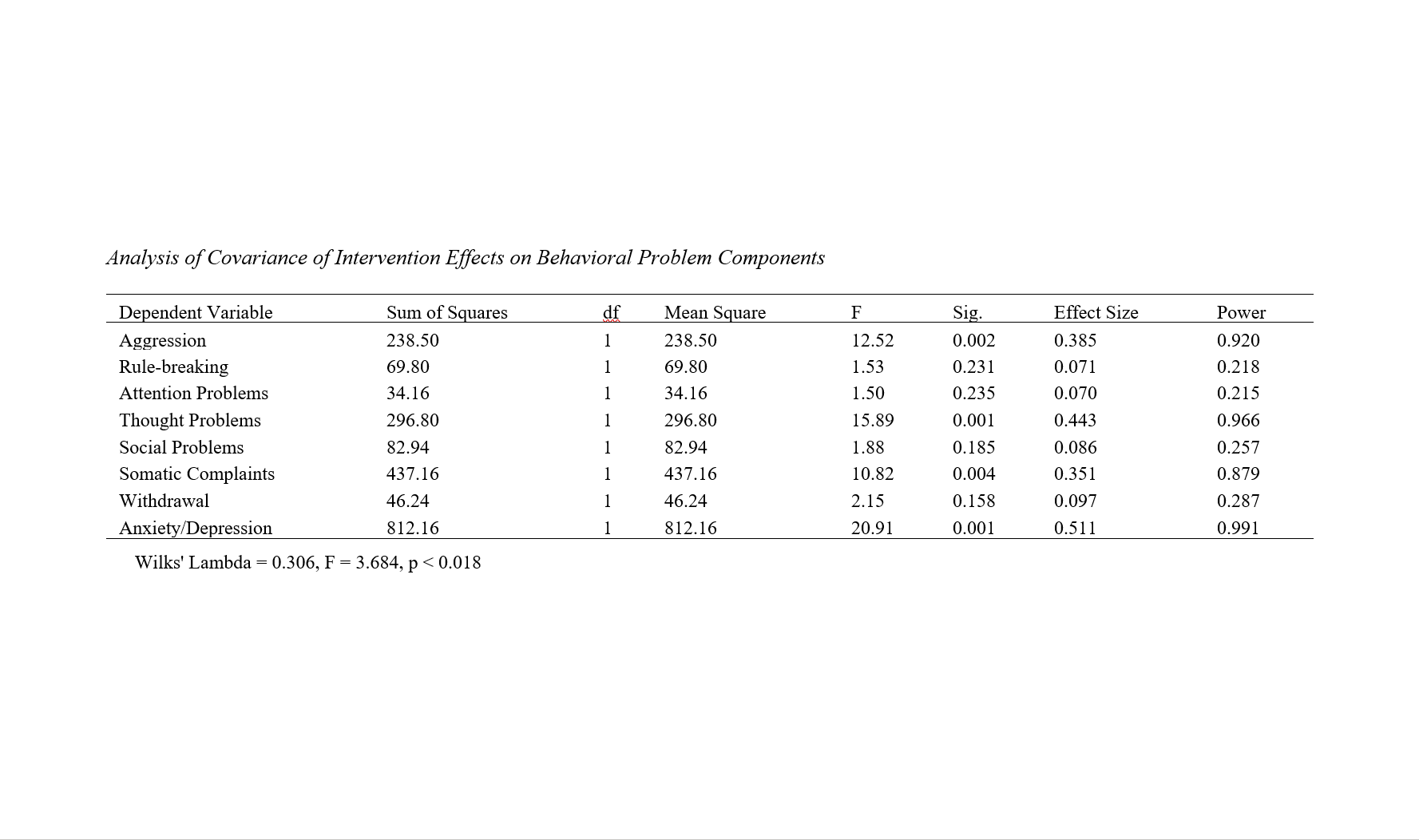Examining the Effectiveness of the Combined Eyberg Parent-Child Interaction Training and Personality-Centered Parenting on Internalizing and Externalizing Problems in Children Aged 7 to 10 Years
Keywords:
Eyberg Parent-Child Interaction Training, personality-centered parenting, internalizing problems, externalizing problemsAbstract
Objective: This study aimed to examine the effectiveness of the combined Eyberg Parent-Child Interaction Training and personality-centered parenting on internalizing and externalizing problems in children aged 7 to 10 years.
Methods: The research method was a quasi-experimental design with a pre-test and post-test control group. The research population included mothers of children aged 7 to 10 years in Tehran with internalizing and externalizing problems. From this population, 30 mothers were selected through convenience sampling and randomly assigned to two equal groups (each group consisting of 15 participants). The experimental group received eight 90-minute online sessions of Eyberg Parent-Child Interaction Training and personality-centered parenting, while the control group received no intervention. For data analysis, first, descriptive information related to the research variables was provided.
Findings: After confirming the assumptions for using covariance analysis, the hypothesis test results indicated that the combined intervention package of Eyberg Parent-Child Interaction and personality-centered parenting had an effect on internalizing and externalizing problems (p < .01). Comparison of the effect sizes obtained showed that the intervention package had the most significant impact on four components (aggression, thought problems, somatic complaints, and anxiety/depression) out of a total of eight behavioral problem components (p < .01). The effect size (eta coefficient) demonstrates the intervention's impact on the dependent variables. Comparison of the effect sizes showed that the intervention package had the greatest impact on anxiety/depression with an eta coefficient of 0.511, followed by thought problems with an eta coefficient of 0.443, aggression with an eta coefficient of 0.385, and somatic complaints with an eta coefficient of 0.351.
Conclusion: The findings indicated that parental training led to a reduction in children's internalizing and externalizing problems. The results suggest that prioritizing and examining parenting styles should be considered the first line of treatment, as children learn how to interact with others within the family, and family experiences serve as models for their future social relationships.
Downloads

Downloads
Additional Files
Published
Issue
Section
License

This work is licensed under a Creative Commons Attribution-NonCommercial 4.0 International License.




















